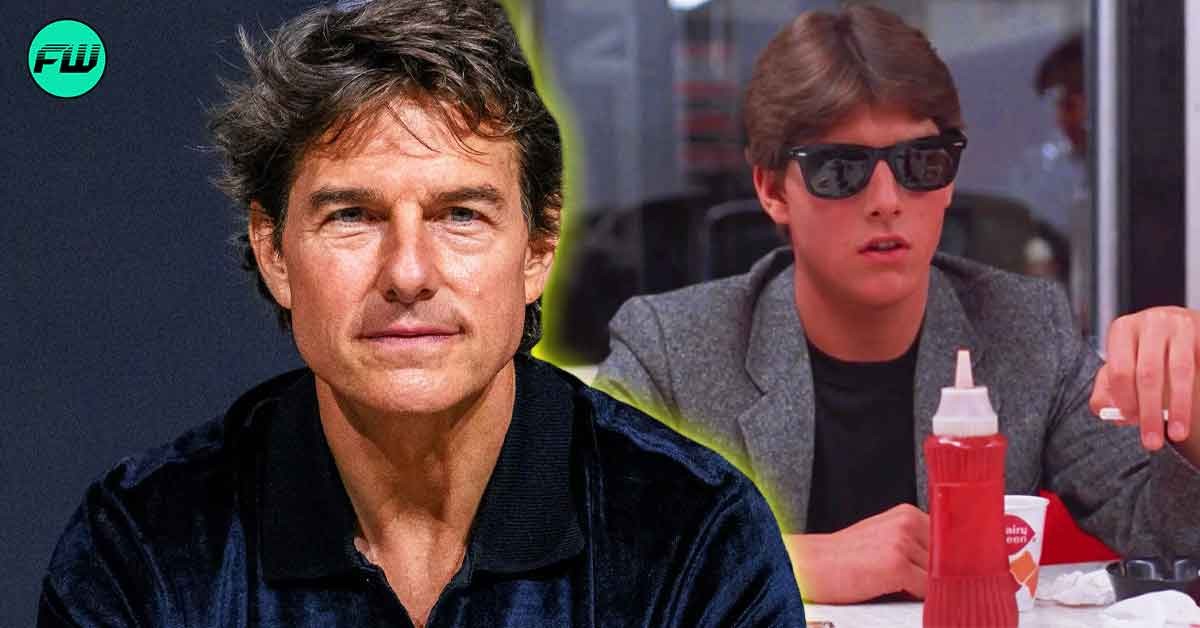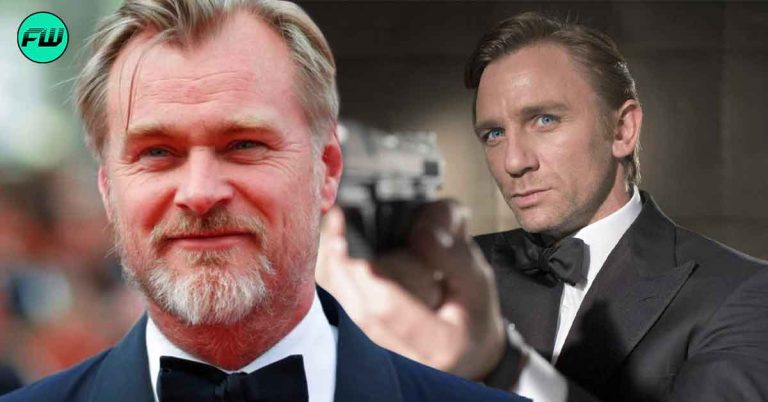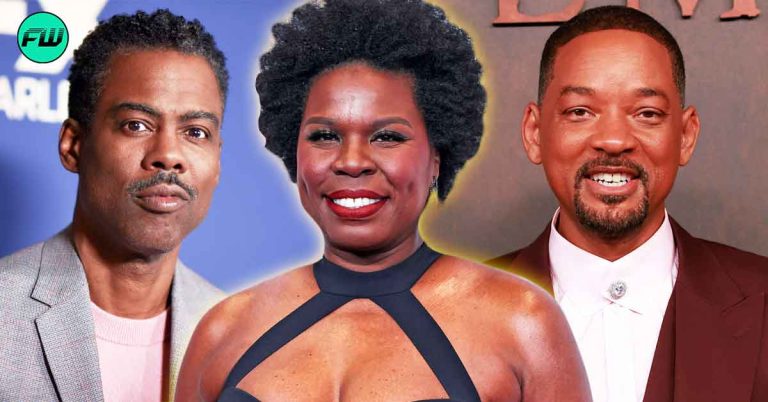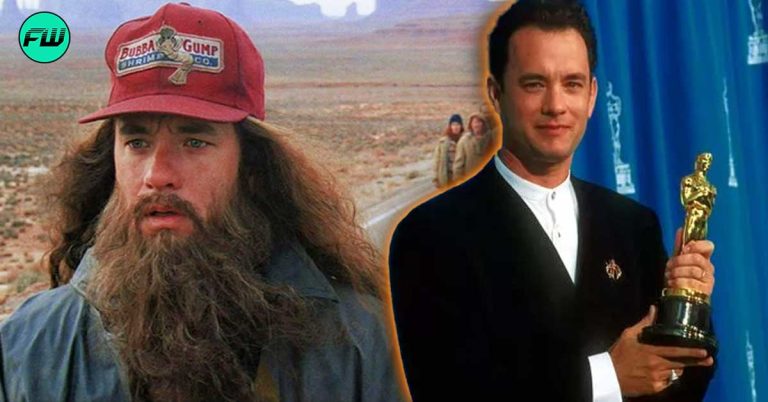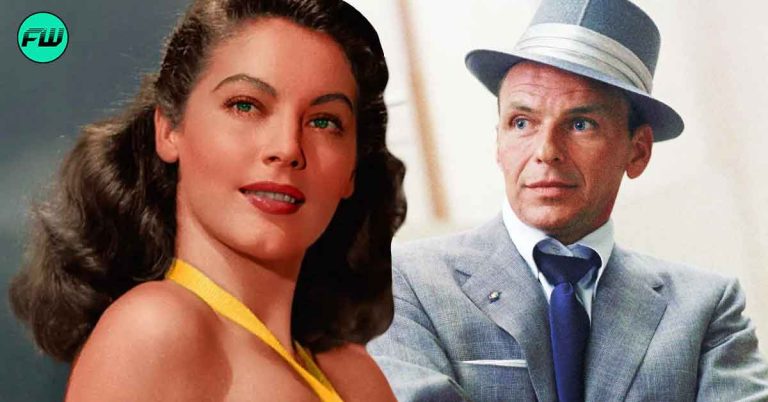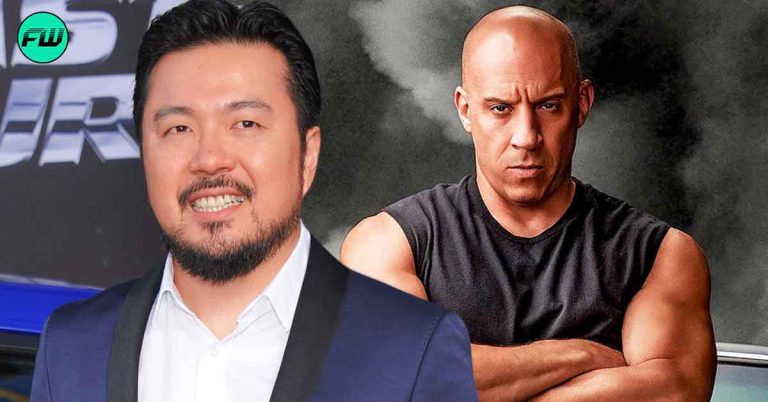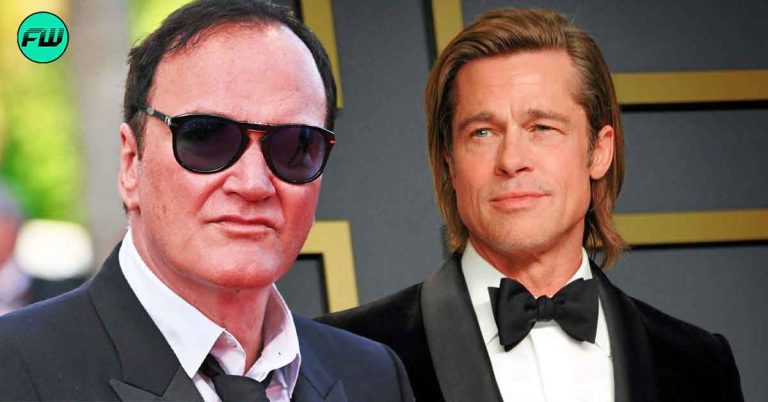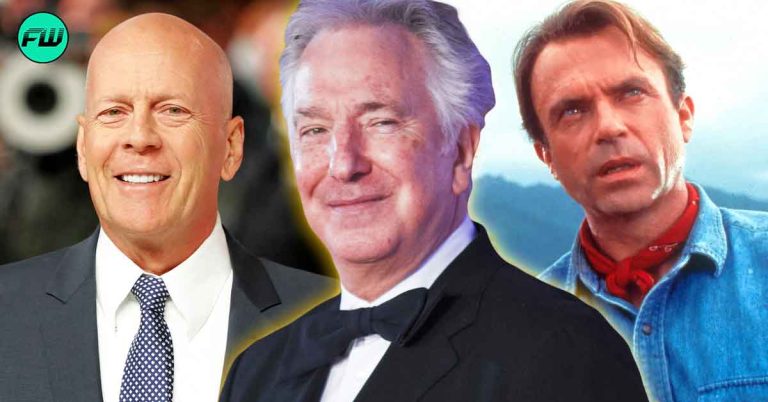Tom Cruise is one of the most talented and adored actors in all of Hollywood. Having made a name for himself as an incredibly skilled and versatile actor, he has starred in massively successful projects like the Mission: Impossible franchise, the Top Gun series, The Mummy, and Jack Reacher. He has also been nominated for an Academy Award on four separate occasions.
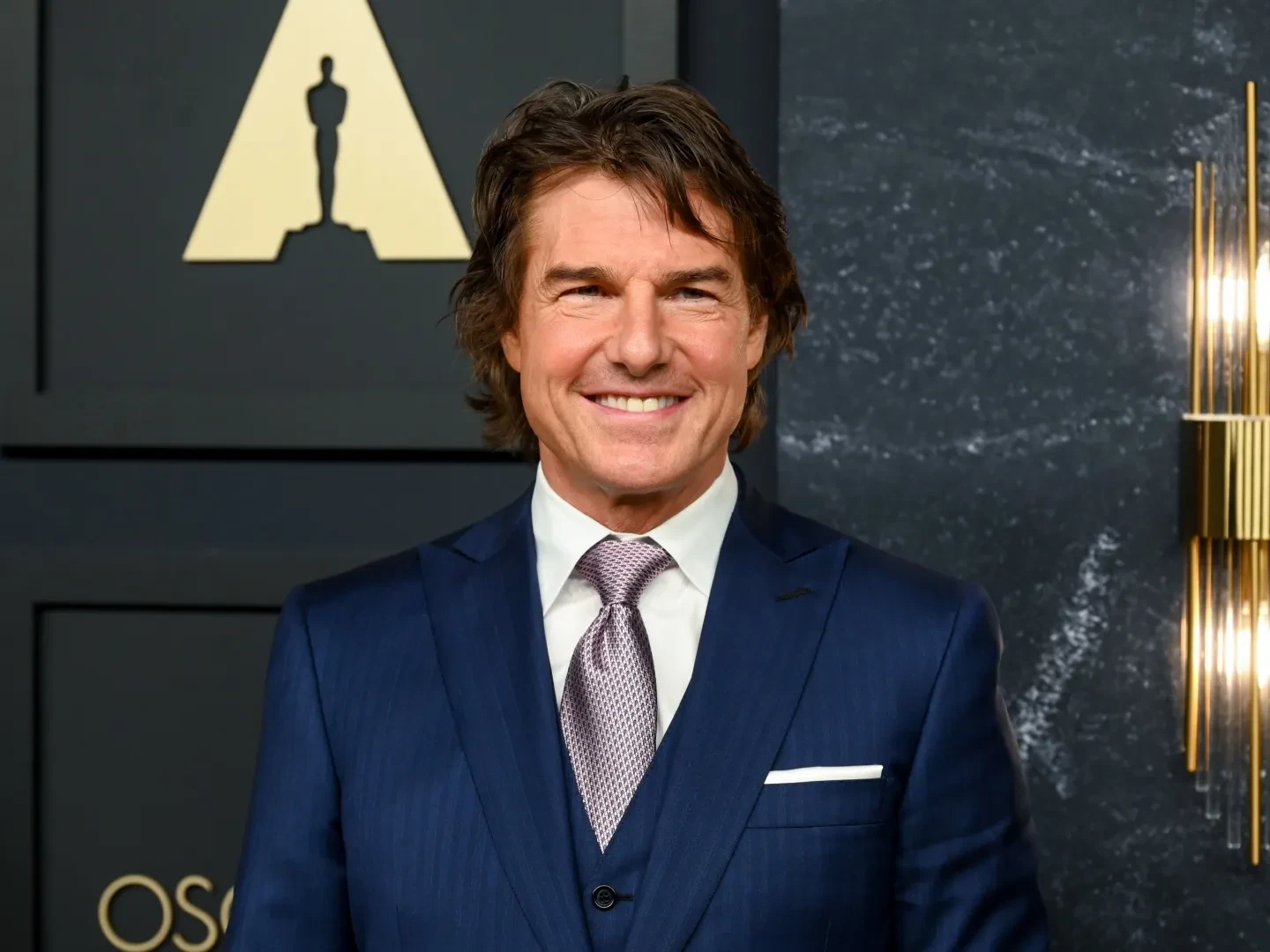
Cruise’s 1983 film, Risky Business was the first film to give the actor the recognition that he so greatly deserved. What many might not know, however, is the fact that this film had some serious drama going on behind the scenes that forced the director to put out a movie that he wasn’t a hundred percent proud of.
Warner Bros Did Not Like The Final Version Of Tom Cruise’s Risky Business
Tom Cruise‘s Risky Business is an interesting film, to say the least. This follows the story of a high school boy who gets into trouble with a s*x worker after his parents leave him alone for a couple of days. While the films did incredibly well with audiences, it is quite interesting to find out that Paul Brickman, the director, had a completely different vision for the movie that he had to abandon because of the studio involved, Warner Bros.
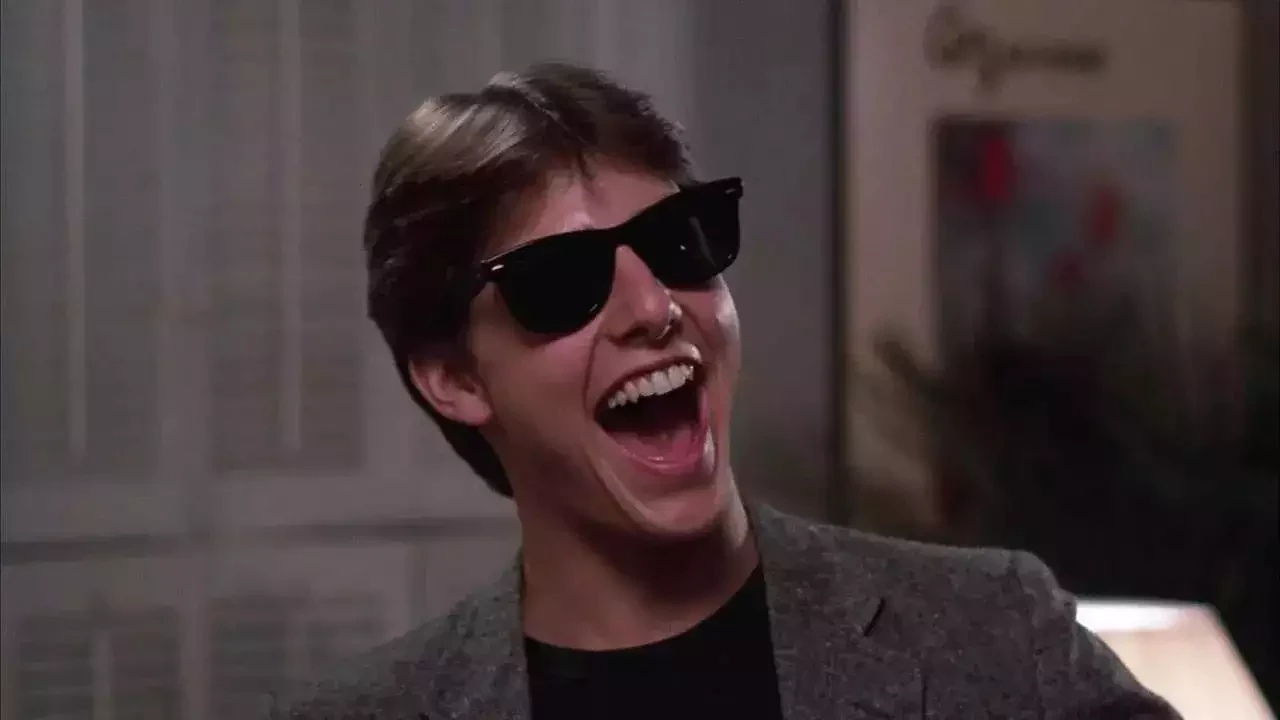
“You can call off your dogs,” Brickman joked
During an interview, Brickman revealed that when making the film, he had a much darker and morally interesting ending for it, something that had been filmed and was ready for post-production. It was here when WB stepped in and suggested adding more R-rated content into the film to cater to a different kind of audience. He was also asked to change the ending of the film to make it more upbeat and be more suited for a teen film, which the studio was going for.
Paul Brickman Was Not Interested In WB’s Critiques
While Paul Brickman did not pay much heed to the initial requests, simply refusing to comply, the latter one, which very quickly turned into a demand from WB, was something that caught him off guard. The original ending of the movie punished Tom Cruise’s character for the actions he did, making it a much more moral ending than a satisfying one. Brickman also revealed that the marketing plan of the film was something that made him deeply upset and turned into another topic of conflict.
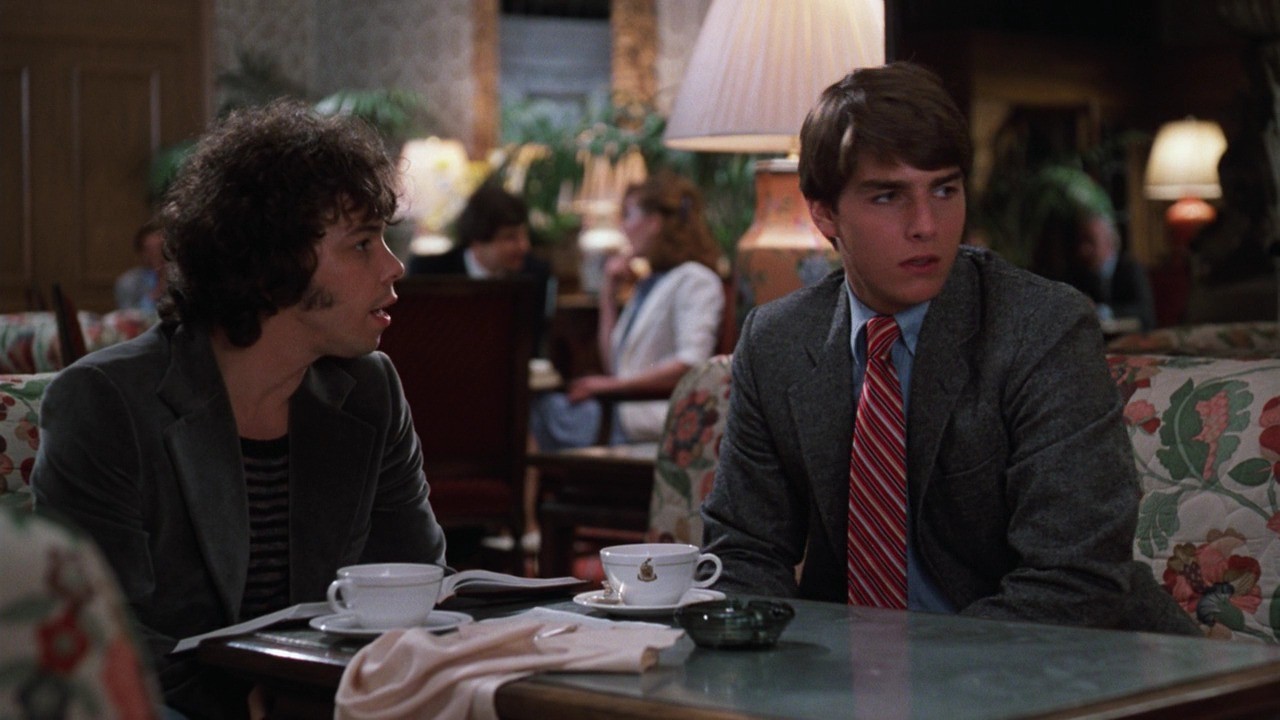
“Warners never really knew what to make of it,” Brickman told me. “And their marketing campaign looked like they were trying to sell Porky’s! That was another fight. They had a cartoon character of Tom, winking, in bed with girls in bikinis all around him and money raining down. That was the poster the studio wanted to use. That was my big fight. I was, like, throwing posters across the room. Not to mention the ending. Geffen was going to fire me if I didn’t reshoot the ending. They were talking to some television director about doing it, but finally, in order to protect 90 percent, I had to sacrifice 10 percent, which was really hard for me.” he said.
Ultimately, WB ended up giving Brickman an ultimatum that if he did not change the ending of the movie, he would be fired from the project and someone else, most likely a television director, would take over and finish it. Not wanting to get a majority of his film ruined to save the ending, the director caved in. Like many WB films of the past, Ricky Business called for re-shoots, bringing all the actors back on set months after the end of filming, delivered the film and Brickman did not watch the movie again for 30 years.
Source: The Hollywood Reporter

